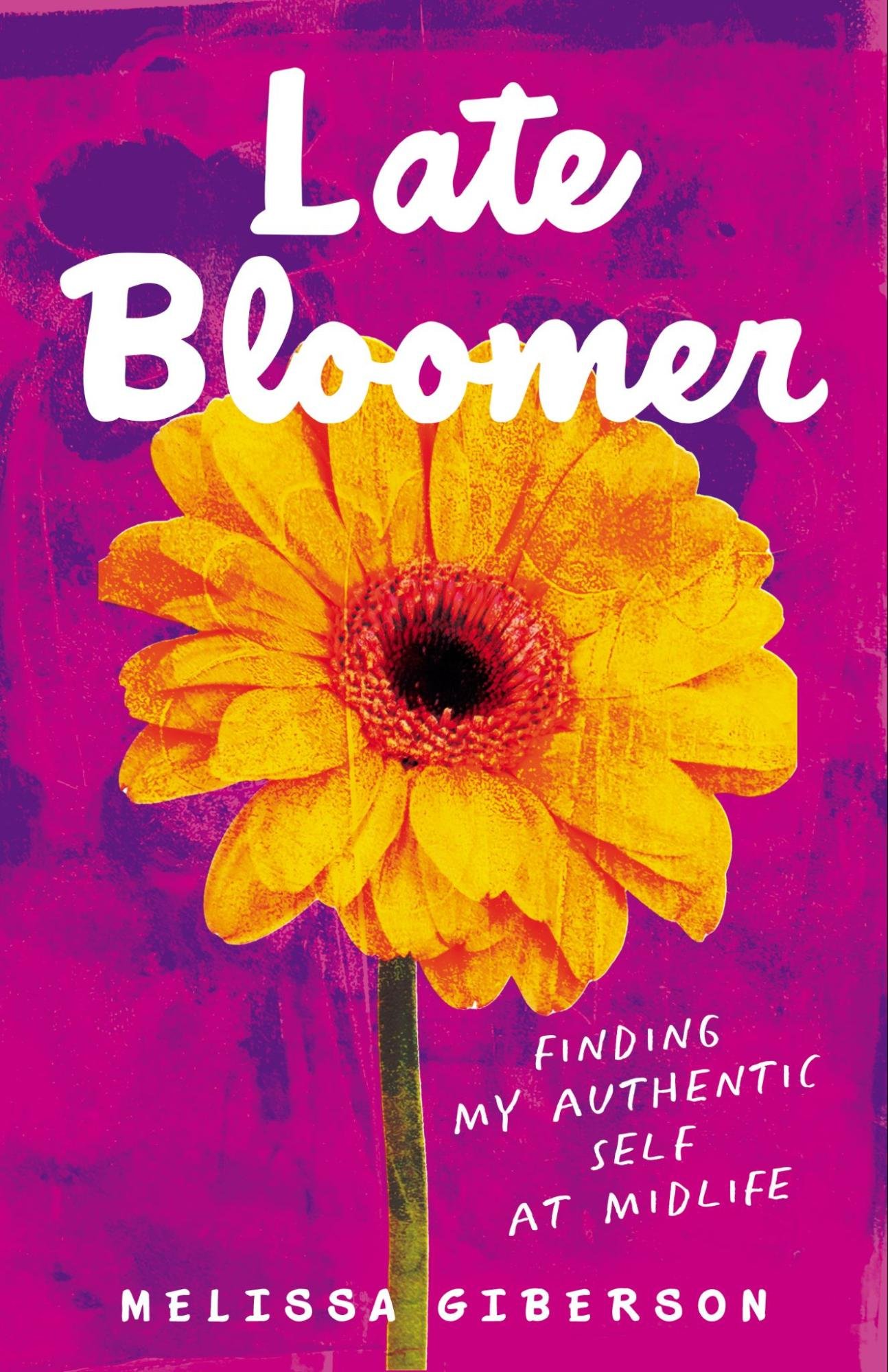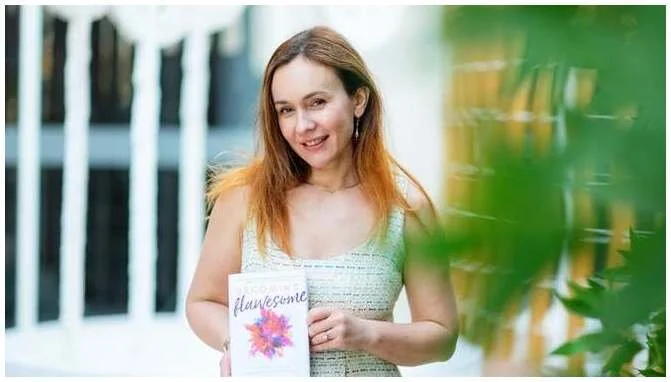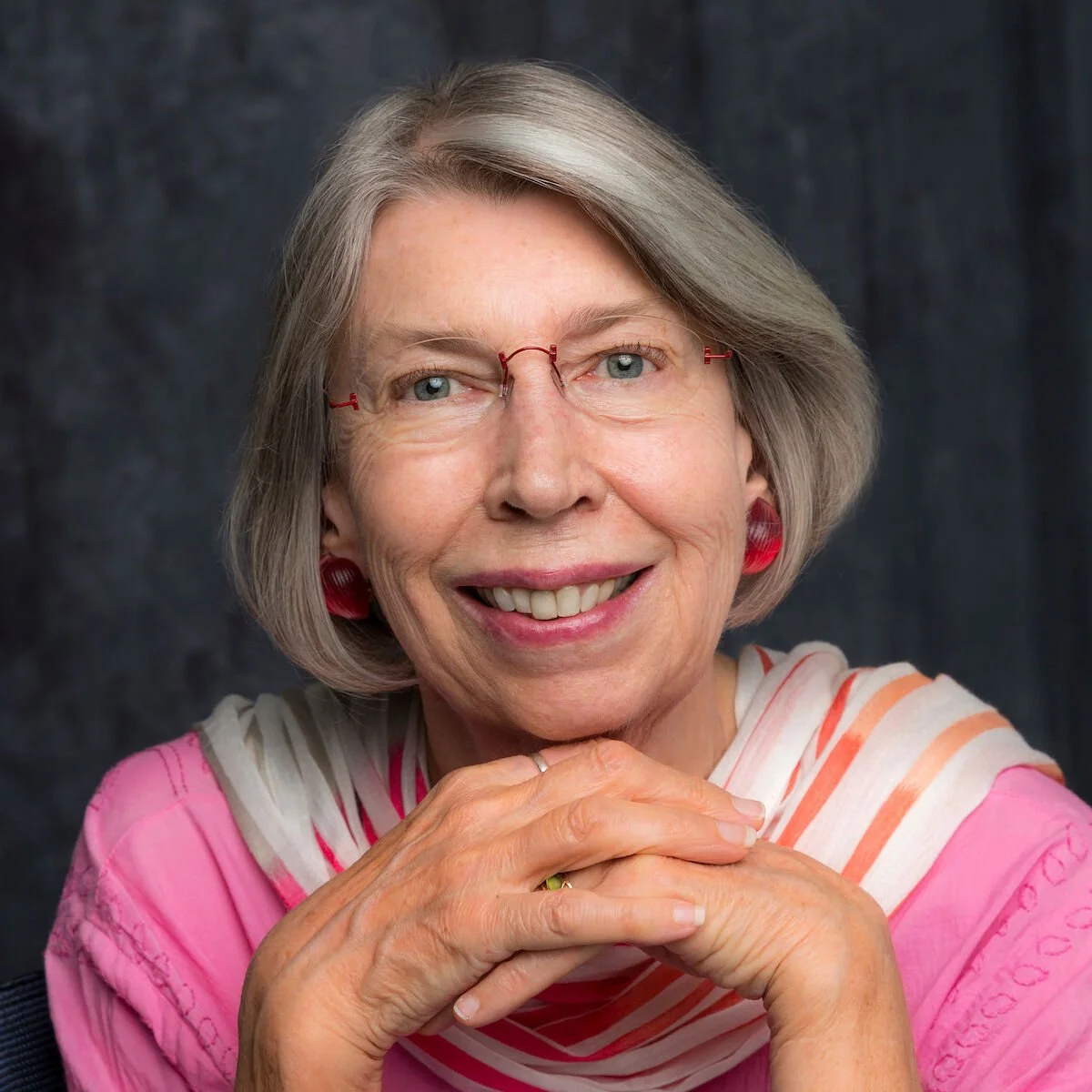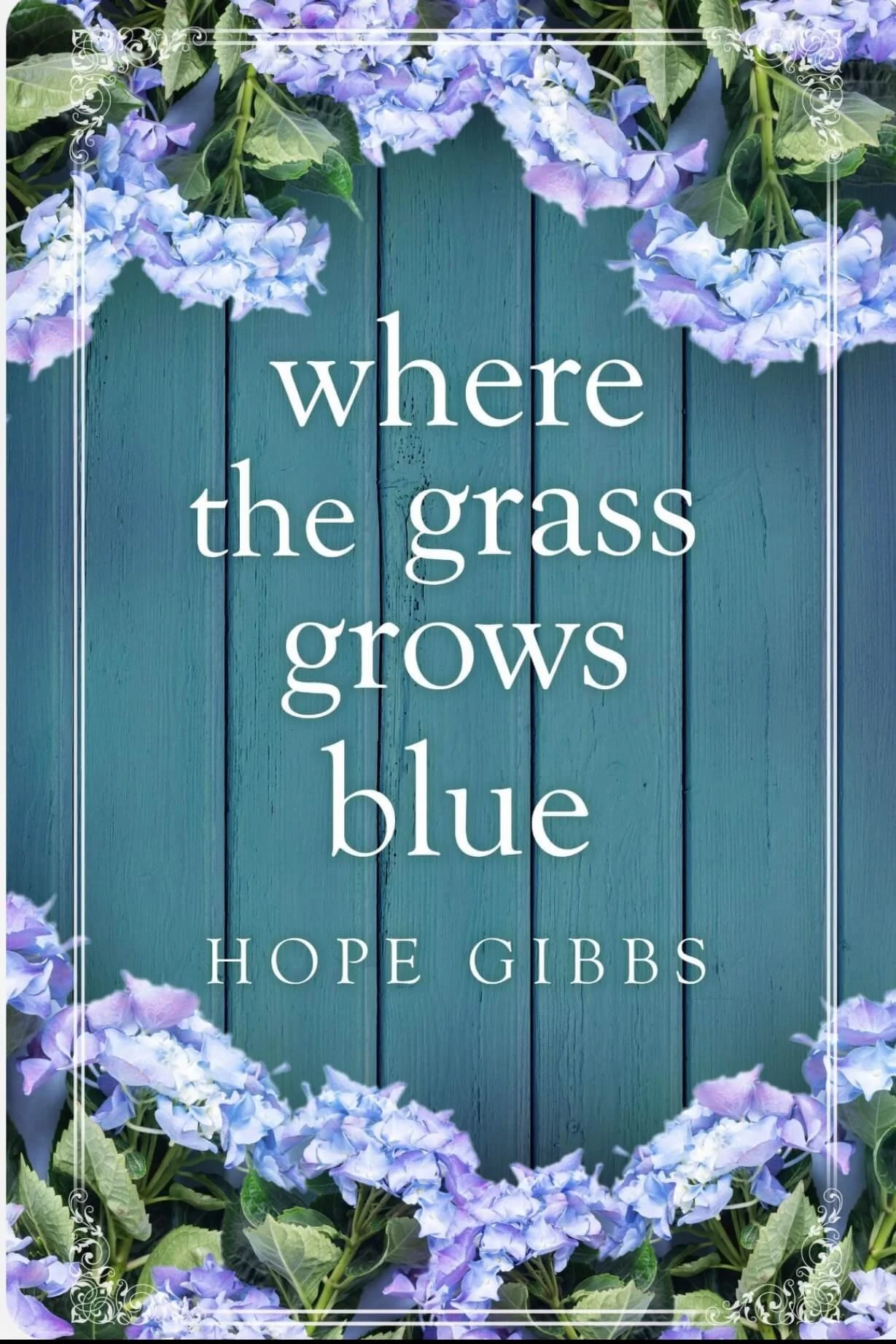Q&A with Jennifer Wilck, Home for the Challah Days
/Tell us about your main characters- what makes them tick?
Sarah is all about trying to mesh what she thinks she wants with what her heart is telling her. She’s been focused on being successful and getting ahead for so long, she’s forgotten or ignored the values she was raised with, and coming home brings that all back.
Aaron is all about family and responsibility. He takes it seriously, sometimes to the detriment of himself. He has to learn to accept change, especially in himself, and to depend on others.
How did you come up with the title of your first novel?
My agent and I worked on this title for a long time. We wanted something attention-grabbing and fun. My editor told me it was what made her open the file to begin with, and once she started reading, she couldn’t stop. I was surprised, and pleased, that Harlequin agreed to keep it. In fact, the title has been getting a lot of attention, and Fated Mates podcast just talked about how much they liked it in their Best Titles of Summer episode.
Who designed your book covers?
Harlequin designed it. I filled out their enormous art form, describing my characters and setting, and then their cover designers go to work.
If you had to do it all over again, would you change anything in your latest book?
No, honestly, I love it. It went through a ton of editing to find a home, and no matter how hard that work was, it was worth it in the end. I can’t wait for readers to discover Aaron and Sarah.
Did you learn anything during the writing of your recent book?
I had to figure out a way to tackle a tough subject—antisemitism—in such a way as to keep readers engaged.
If your book was made into a film, who would you like to play the lead?
Scott Patterson and Olivia Munn.
If you could spend time with a character from your book who would it be? And what would you do during that day?
Grandma Sadie. She’s a hoot—she listens to rap music, rules the roost in her senior living facility, and gives great advice. I think we’d go out for lunch, maybe hit a museum or two, and possibly shop.
Are your characters based off real people or did they all come entirely from your imagination?
Entirely from my imagination.
Do your characters seem to hijack the story, or do you feel like you have the reigns of the story?
They definitely hijack the story. I have a really hard time writing from an outline for that reason. In fact, if given my choice, I let the characters tell the story as they want to, and then when I go back to edit the book, then I create the outline. Making an outline after I’ve written the first draft helps me make sure the story has a beginning, middle, and end, the characters have a story arc, and that I didn’t change anyone’s hair color in the middle of the book.
Is there a writer which brain you would love to pick for advice? Who would that be and why?
Nora Roberts. She’s got such class, she’s an amazing writer, and she just owns it. I want to be like her, or at least sit down to coffee with her and have a fangirl moment or three.
About Home for the Challah Days:
Turning the bitterness of the past…
Into a sweet future!
When big-city advocate Sarah Abrams returns home for the High Holy Days, she’s got a lot on her mind—especially whether to marry her perfect-on-paper boyfriend. The last person she wants to encounter is Aaron Isaacson, her first love and the one who broke her heart. But after Aaron and Sarah join forces to fight an act of hate, it’s clear that their deep connection never abated. If only they could forgive one another for the past…in time for a sweet new start!
From Harlequin Special Edition: Believe in love. Overcome obstacles. Find happiness.
Buy on Amazon | Bookshop.org























































